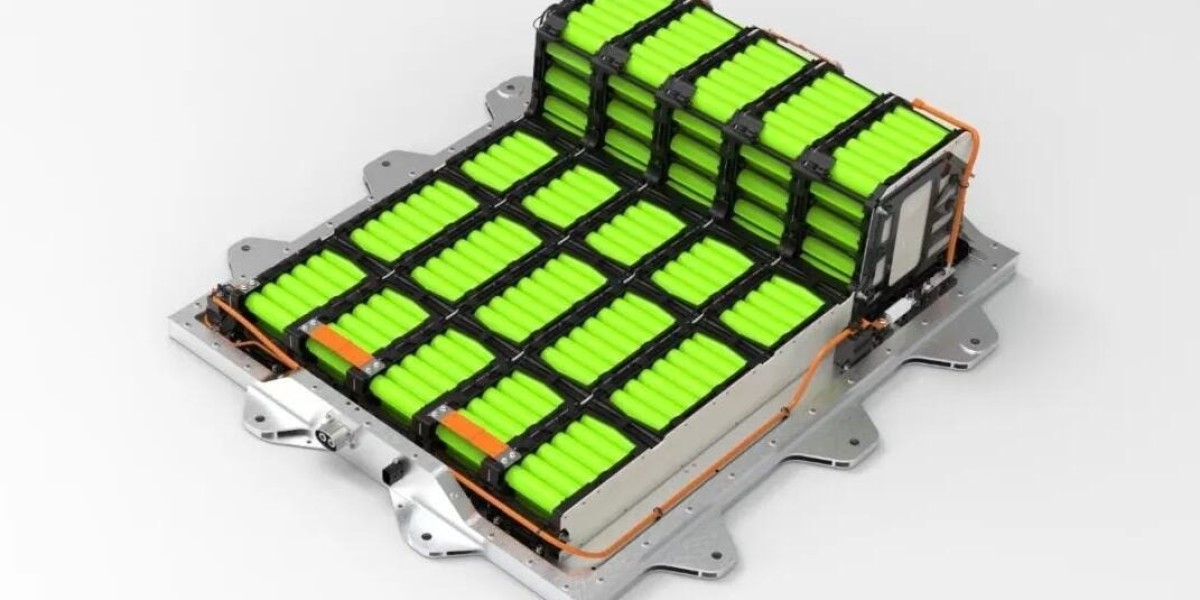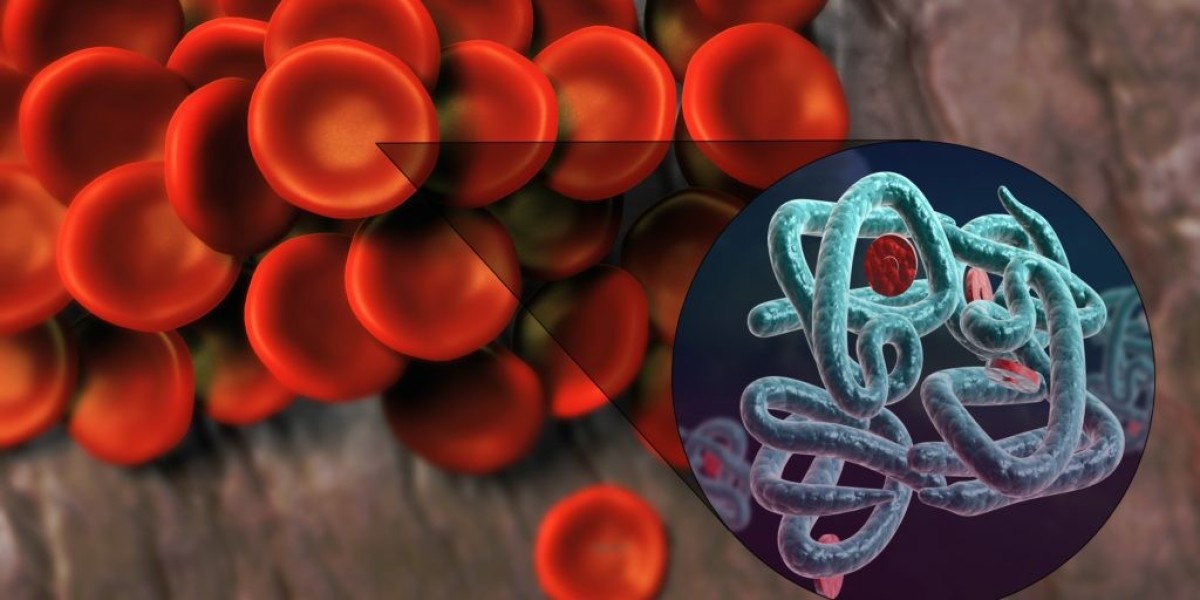Introduction to Sodium-ion Batteries
Sodium-ion batteries, also known as Na-ion batteries, are a type of rechargeable battery similar in chemistry to lithium-ion batteries but using sodium instead of lithium. Like lithium batteries, sodium-ion batteries work by shuttling sodium ions between two electrodes - a cathode and an anode - through an electrolyte during discharge and charge cycles. However, sodium presents some advantages over lithium that make sodium-ion batteries a promising cheaper alternative.
Abundant and Affordable Sodium Resources
One of the major appeals of sodium-ion technology is sodium's abundance and low cost compared to lithium. Sodium is the sixth most abundant element on Earth and estimated to be over a thousand times more common than lithium in the Earth's crust. This abundance means that sodium should remain very affordable over the long term as battery production scales up. In contrast, concerns about lithium supply constraints and price volatility persist as global demand for lithium-ion batteries grows dramatically. Sodium's widespread availability would help insulate sodium-ion batteries from supply disruptions and spikes in raw material costs that could impact the price of lithium-based batteries.
Challenges in Developing Sodium Battery Chemistry
While abundant worldwide, Sodium-Ion Battery chemistry presents significant obstacles that have slowed progress in developing viable sodium-ion battery chemistries. Sodium ions are larger than lithium ions, making them difficult to insert/extract from battery electrode materials without inducing large structural changes that degrade performance over time. Identifying suitable cathode and anode materials capable of efficient and durable sodium ion storage/removal remains an active area of research. Multiple material systems are under investigation but far fewer options exist compared to established lithium-ion chemistry. Additional challenges include the development of a stable electrolyte compatible with reactive sodium metal and designing battery structures able to accommodate sodium'sbulky ion size. Overcoming these challenges will require extensive research, development and testing efforts.
Potential Sodium-ion Battery Applications
If researchers can develop robust and high-performing sodium-ion batteries, they may be well-suited for stationary energy storage applications like managing power from electric grids and backup battery systems. Their potential low price point could make them dominant players for large-scale electricity storage where energy density is less critical than cost. Additionally, sodium-ion technology shows promise for powering long-range electric vehicles, buses and heavy machinery that require large battery capacities but may not need to maximize energy density. Their affordable nature could facilitate the electrification of transportation segments presently hampered by high battery costs. Significant technoeconomic hurdles remain but sodium-ion batteries show potential to address demand for low-cost, utility-scale energy storage to enable higher integration of renewable power sources.
Ongoing Battery Chemistry Research
With many research groups around the world actively pursuing the development of sodium-ion battery chemistry, progress is being made on multiple fronts. Major areas of focus include exploring new sodium-compatible electrode and electrolyte materials, engineering electrodes to aid ion transport/extraction, modifying surface coatings to improve cycling stability and developing techniques to mitigate sodium's inherent chemical reactivity challenges.
Get more insights on Sodium-Ion Battery








